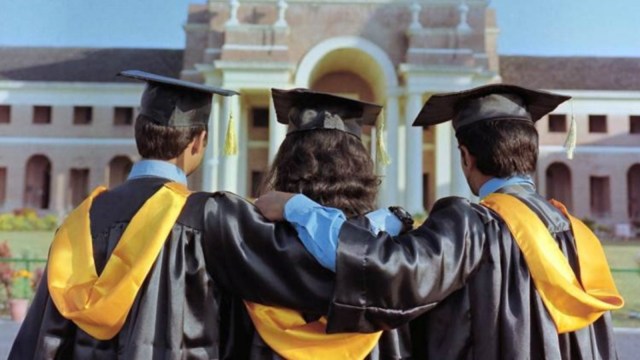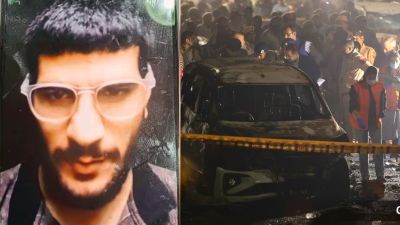With the new academic season in the US starting next month, all international students applying to study in the country will need to keep their social media profiles public not only while applying for a visa but also during its validity period — in effect, during their entire study course.
“All student and exchange visitor visa applicants (F, M and J visa classes) are requested to adjust the privacy settings on all of personal social media profiles to ‘public’ in order to facilitate vetting necessary to establish the applicant’s admissibility to the United States,” said a spokesperson from the US Embassy in New Delhi in response to a query from The Indian Express.

“Security vetting runs from the time of each application, through adjudication of the visa, and afterwards during the validity period of every issued visa, to ensure the individual remains eligible to travel to the United States,” the spokesperson said.
Story continues below this ad
Last month, the Embassy had cited “public safety and national security” in the visa process while mandating those applying to study in the US to make their social media profiles public.
The F category visa in the US refers to the F-1 student visa, meant for international students who wish to pursue academic studies at a US institution, while the M visa (M-1) is a non-immigrant visa for individuals.
pursuing vocational or other nonacademic studies. The J-1 enables foreign nationals to come to the US to teach, study, conduct research, or receive on the job training for periods ranging from a few weeks to several years.
In 2023-24, Indian students formed the largest cohort of international students in the US, with 3.31 lakh enrolments. In the Financial Year 2024, the US issued 4,00,737 F-1, 6,322 M-1 and 3,22,820 J-1 visas, according to State Department data.
Story continues below this ad
In May, the Donald Trump administration had asked US embassies around the world to stop scheduling appointments for student visas as it expanded scrutiny of applicants’ social media posts following widespread protests on campuses against Israel’s bombing in Gaza.
At the time, The Indian Express had reported that the decision had led to anxiety among Indian students preparing to begin their studies in the US and those already enrolled in American universities. Several of these students had said they were reviewing their digital footprints to secure their academic future.
On June 18, the State Department announced the resumption of student visa interviews. “Our overseas posts will resume scheduling F, M and J non-immigrant visa applications soon. Applicants should check the relevant embassy or consulate website for appointment availability,” it had said.
Asserting that “US visa is a privilege, not a right”, it had said: “We use all available information in our visa screening and vetting to identify visa applicants who are inadmissible to the US, including those who pose a threat to US national security. Under new guidance, we will conduct a comprehensive and thorough vetting, including online presence, of all student and exchange visitor applicants in the F, M and J non-immigrant classifications.”
Story continues below this ad
According to the Embassy, the rule is mandated for all countries and, since 2019, the US has required visa applicants to provide social media identifiers on immigrant and non-immigrant visa application forms.









